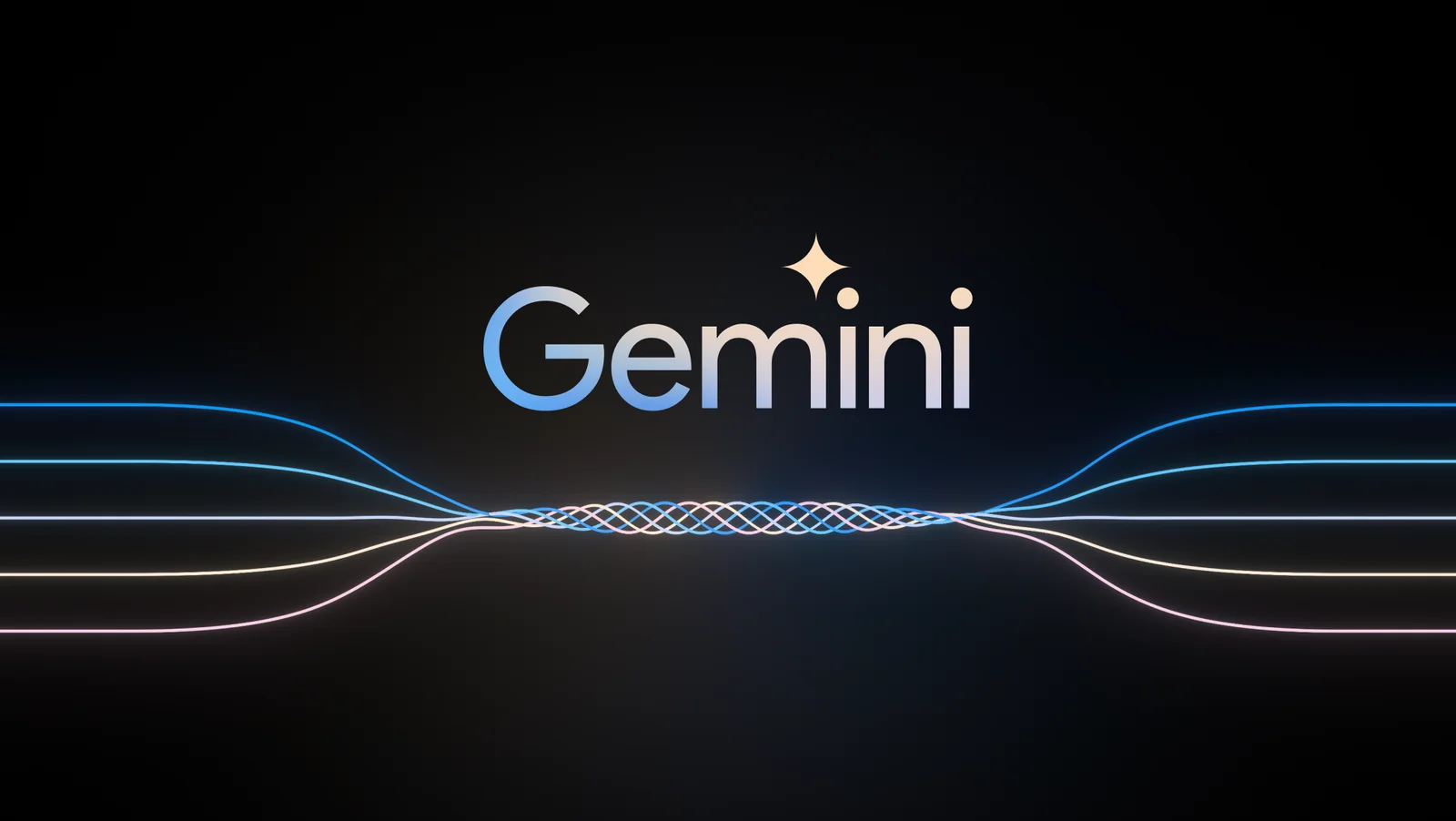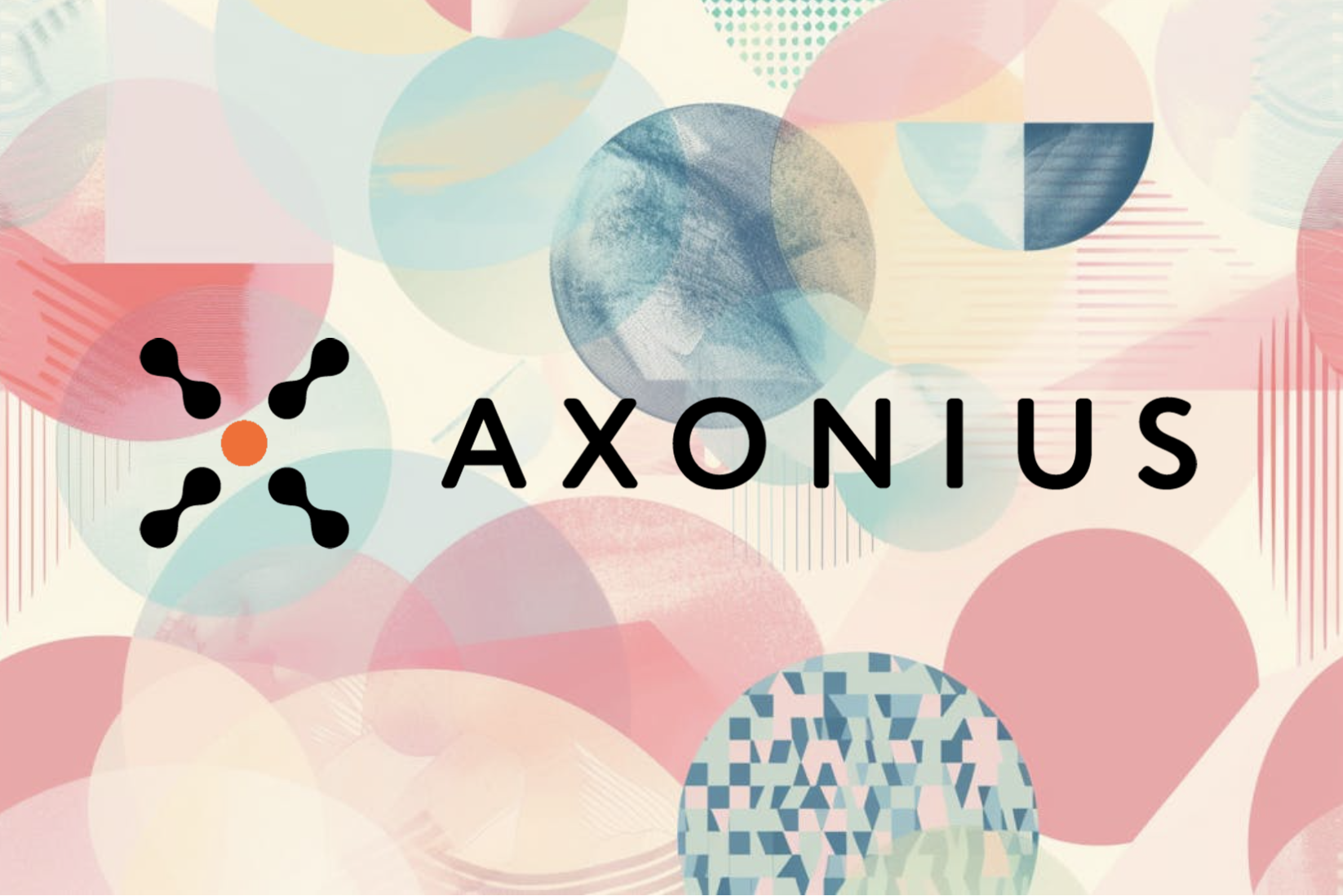
- Google restricts AI chatbot Gemini from answering election questions to avoid missteps in technology deployment.
- Concerns of misinformation prompt governments to regulate technology, with Google and Meta Platforms taking steps to address biases and inaccuracies in AI products.
- Google is taking steps to restrict its AI chatbot, Gemini, from answering questions related to global elections happening this year.
Google restricts AI chatbot Gemini from answering election questions to avoid missteps in technology deployment. Concerns of misinformation prompt governments to regulate technology, with Google and Meta Platforms taking steps to address biases and inaccuracies in AI products.
What to know: Google is taking steps to restrict its AI chatbot, Gemini, from answering questions related to global elections happening this year. The decision comes amidst concerns about misinformation and fake news stemming from advancements in generative AI technology. The restrictions were initially announced for the U.S. and are now being rolled out globally in countries with upcoming elections, including major nations like India and South Africa. The move aims to prevent potential missteps and inaccuracies in responses provided by the chatbot.
Deeper details: The restrictions on Gemini's responses to election-related queries have been implemented to ensure the quality and accuracy of information provided to users. Queries about political parties, candidates, or politicians now prompt a standard response indicating that the chatbot is still learning how to answer such questions and suggests using Google Search instead. Despite these limitations, there are instances where the AI tool may still provide answers, particularly in cases of typos, highlighting the ongoing adjustments being made to enhance its performance.
The backstory: Google's decision to restrict election-related queries for its Gemini chatbot follows previous controversies surrounding its AI technology, including the suspension of the image generation feature due to historical inaccuracies. The company is committed to improving its protections and ensuring high-quality information delivery, especially on critical topics like elections. The move aligns with Google's approach to elections globally and reflects a broader industry concern about the potential misuse of generative AI in influencing public opinion during electoral processes.
The bigger picture: The rise of AI-generated content has raised concerns about election-related misinformation, with deepfake technology becoming increasingly prevalent. Tech platforms are gearing up for a significant year of elections worldwide, with billions of people across numerous countries set to participate. Lawmakers are particularly wary of the implications of AI in spreading misleading information to voters. Despite efforts to detect and mitigate deepfakes, challenges persist in combating the spread of false narratives through AI-generated media.
Looking ahead: Google's strategic focus on AI assistants, including chatbots like Gemini, underscores the company's commitment to advancing artificial intelligence technologies. The rebranding of Gemini within Google's suite of AI models reflects a broader industry trend towards developing AI agents for various applications. Executives across tech giants emphasize the importance of AI agents as productivity tools, with ambitions to offer more sophisticated AI assistants that can handle diverse tasks for users. This forward-looking approach signals a continued investment in AI innovation and the evolution of digital assistants in enhancing user experiences.


